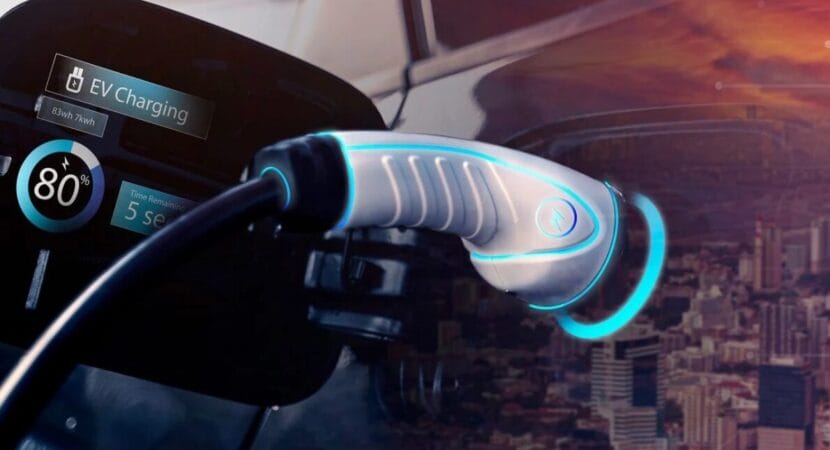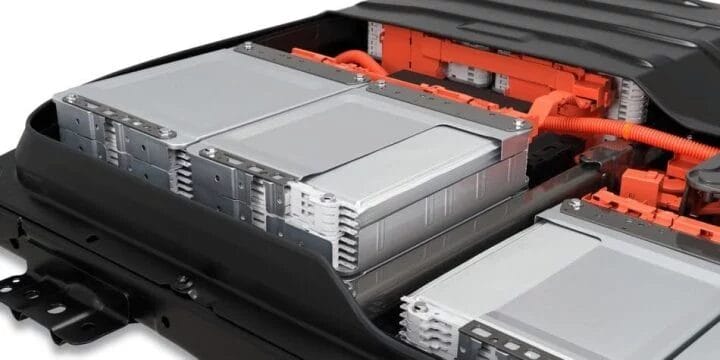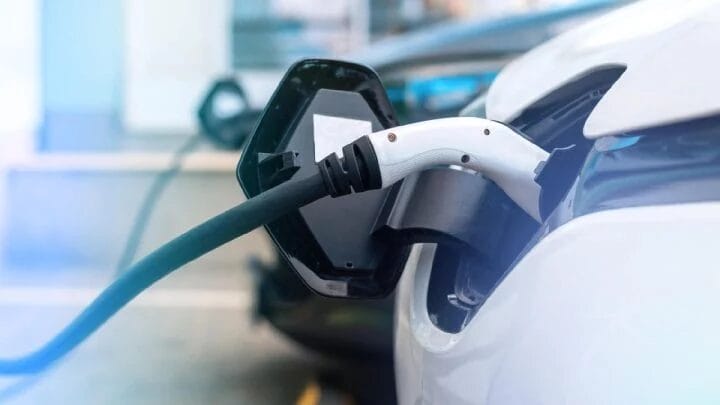
The revolutionary battery that will change everything about electric cars and their range has just been assembled in Europe
One of the things all electric car manufacturers look for is to find a way to extend range by equaling or surpassing that of vehicles with combustion engines (ICE), as this would help many more people choose to buy an electric car.
To achieve greater autonomy, it is necessary to have a battery with greater energy storage capacity and this will be possible with this new battery.
The key: it's a solid-state battery
Solid state batteries are those that use a solid electrolyte instead of a liquid, like the lithium-ion batteries we know today. And although it seemed difficult to achieve, the HELENA project reported that they were able to successfully assemble solid-state battery cells with a halogen electrolyte. This is very important, as it brings us closer and closer to installing these batteries in electric cars.

More autonomy for electric cars
The problem with lithium batteries is that, As they complete charge cycles, their energy capacity decreases. This means that charges will last less and the car will travel fewer kilometers. And that's because liquid electrolyte solidifies over time, which can cause the battery to overheat and, in some cases, explode.
All of this is solved with a solid-state battery, which has cathodes and anodes and a solid electrolyte. This helps prevent the formation of dendrites, which are responsible for the loss of energy capacity in lithium batteries. Furthermore, These batteries can store triple the energy, significantly increasing the autonomy of an electric car.
And don't think that this means a longer charging time, as it is also reduced. Weight and size would also be reduced, giving us more spacious cars. And on the safety aspect, these batteries do not overheat and are capable of withstanding extreme temperatures.

Solving the cobalt problem
The HELENA project battery cells have a lithium metal anode and a nickel-manganese-cobalt cathode. Cobalt is probably a scarce mineral that cannot meet all current demand.
Furthermore, it is a very expensive element and the vast majority are found in one place, the Democratic Republic of Congo. If we add all this up, we obtain that it is not an easy mineral to obtain.
The HELENA project designed this battery so that 90% of the cobalt can be recycled and used in new batteries, which could solve the problem of obtaining the mineral.

A project of European origin
HELENA is the acronym for a solid state battery project entitled “Halide solid state batteries for ELectric Vehicles and Aircraft”, which translated into Portuguese is: “Halogen solid state batteries for electric vehicles and aircraft”.
This project is funded by the European Union, which allows research to continue and, soon, we will be able to drive cars with greater autonomy thanks to solid-state batteries.










